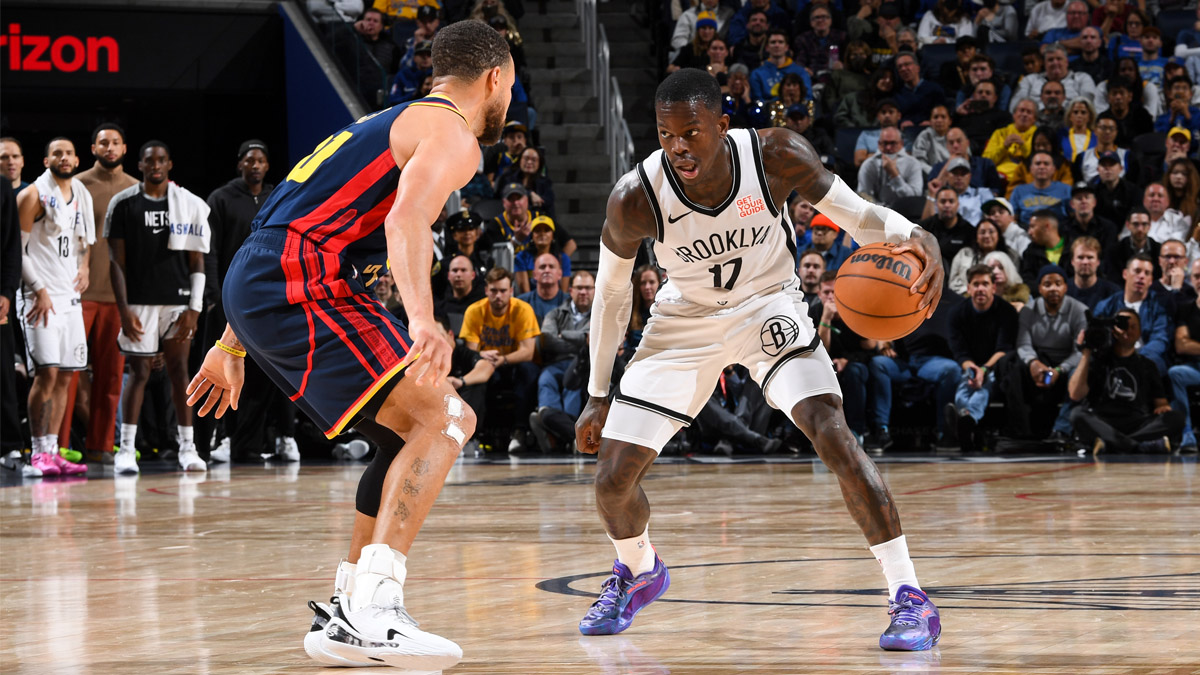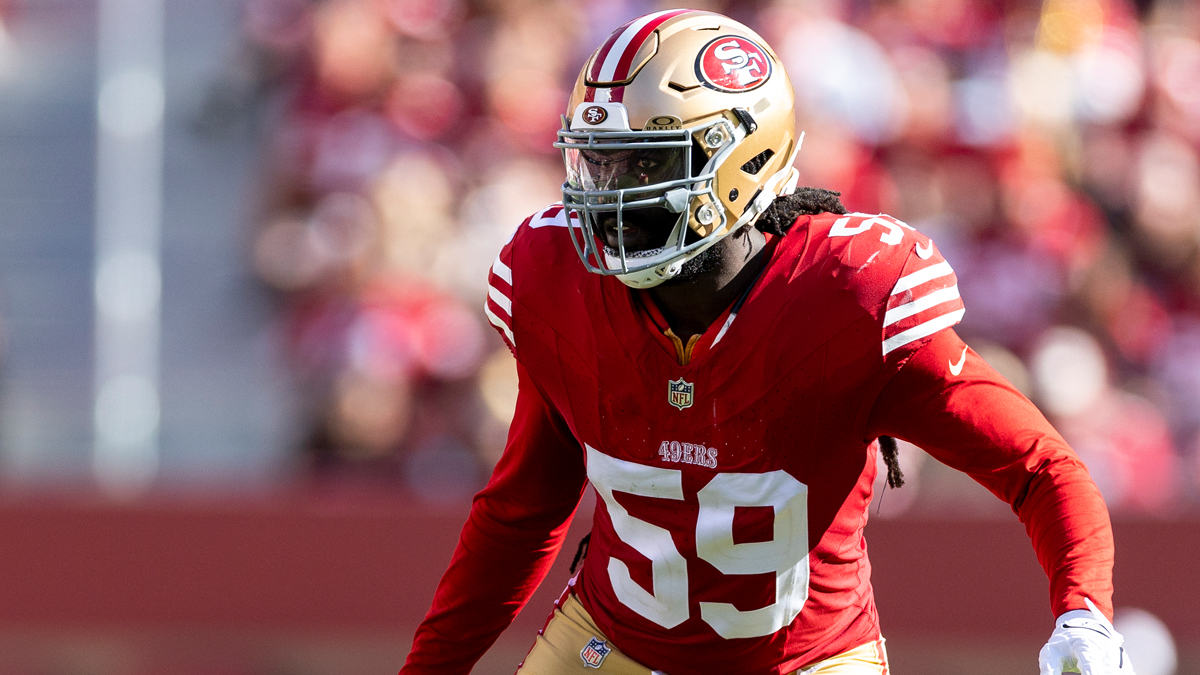In their last two trips to CenturyLink Field, the 49ers have come away stunned.
In a 42-13 loss to the Seahawks in December of 2012, the 49ers went three-and-out on their opening series, then watched their opponents score touchdowns the first two times they had the ball. Seattle had a 21-0 lead early in the second quarter, and the Niners were toast.
Then, in a 29-3 loss in Game 2 of this season, the Niners couldn’t get on the scoreboard in the first half. Though they trailed just 5-0 at halftime, Seattle quickly scored a TD in the third quarter to go up 12-0, and the Niners again were in a deep hole.
At rowdy CenturyLink, where the 12th Man noise makes it hard for opposing quarterbacks’ signals to be heard, the Seahawks early success in both games allowed them to dominate. Once they had a lead, they could control the game with rugged running back Marshawn Lynch.
It’s a formula that’s worked well for Seattle, which has lost only once at home in two seasons.
But as the 49ers get set to play the Seahawks Sunday afternoon (3:30 p.m.) in the NFC Championship Game, they no doubt have studied the blueprint of that lone Seattle home loss. It came last month when Arizona beat Seattle 17-10.
Sports
In that game, Arizona took the early lead, stopped Lynch and forced the Seahawks to throw. And Wilson – who hasn’t been as productive late this season – had a rough day, completing just 11-of-27 throws for 108 yards, one TD and one interception. The Cardinals also sacked him four times.
This week, Matt Barrows of the Sacramento Bee, who covers the 49ers, outlined the Cardinals’ winning game plan after discussions with Arizona head coach Bruce Arians and cornerback Patrick Peterson.
“I thought stopping the run was huge in that game,” Arians told Barrows. “We wanted to win both lines of scrimmage, and I felt like our defensive line stopped them pretty good. And our third-down conversion rate was outstanding on defense, getting off the field.”
Indeed, the Cardinals held Seattle to seven three-and-out series and allowed Wilson and Co. to convert on just two of 13 third-down plays. That’s been a problem for Seattle’s offense over the past five games, with the Seahawks converting just 19 of 65 third-down plays – a paltry 29 percent.
Also, noted Barrows, Lynch carried for 71 yards on 18 carries, but he was held to 2 yards or less on 10 carries. Many of those run stuffs were on third-and-short situations.
Said Peterson of that Cardinals victory: “Honestly, just jump on ‘em early. Seattle is a pretty good team and the things they like to do, they do it well. I believe if you shut down those things early, get ‘em into a one-dimensional team, which is throwing the football, I think you have a pretty good opportunity to win it.”
Yet stopping Lynch from controlling the game in Seattle is something the 49ers haven’t been able to do.
Over his past three games vs. the 49ers in Seattle, Lynch has averaged 105 yards rushing and has scored at least one TD in each game. Playing in San Francisco, he’s averaged fewer than 60 yards per game while his team has lost four straight. It’s also been the opposite for 49ers running back Frank Gore: He’s great in San Francisco (127 yard average) and stymied in Seattle (52 yard average).
The other piece of the puzzle for Sunday’s game is turnovers.
Over the past two years, the Seahawks are plus-26 in turnover ratio at home, the best in the league. The noise and atmosphere seem to contribute to opposing teams throwing interceptions and fumbling the ball away. But in Arizona’s victory, the Seahawks gave up the ball twice to Arizona.
In the 49ers’ last game in Seattle, Kaepernick threw three interceptions and fumbled the ball away. He told reporters this week he must be more careful with the ball.
“We do have to protect the football,” he said. “That’s something we haven’t done very well up there.”
So, the formula for winning Sunday is easy, right? Just get an early lead, stop Marshawn Lynch, protect the football and force Wilson to throw the ball.
It’s easier said than done. At CenturyLink Field, the Seahawks are a much more powerful team.
“Noise is an unbelievably powerful advantage for the home team,” Seahawks center Max Unger told the Seattle Times. “When you have a crowd that is that into the game and making it that much harder for the other offense to operate.”



